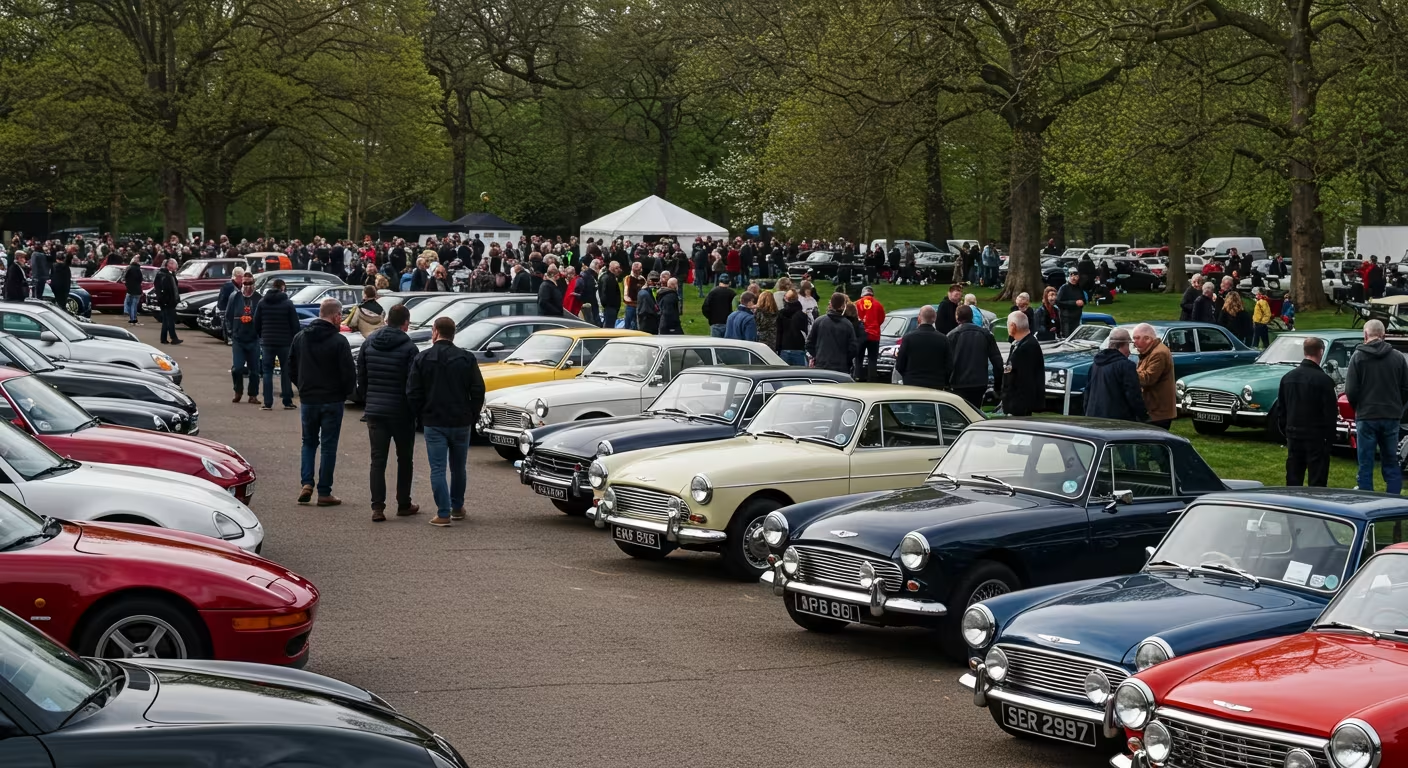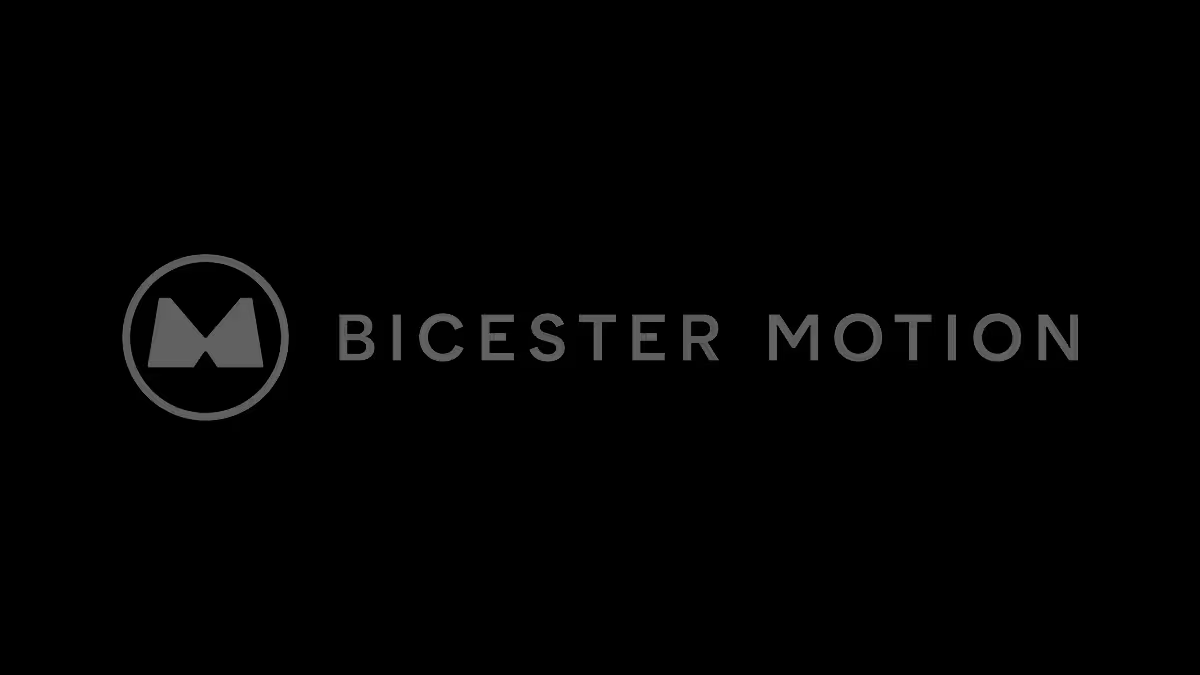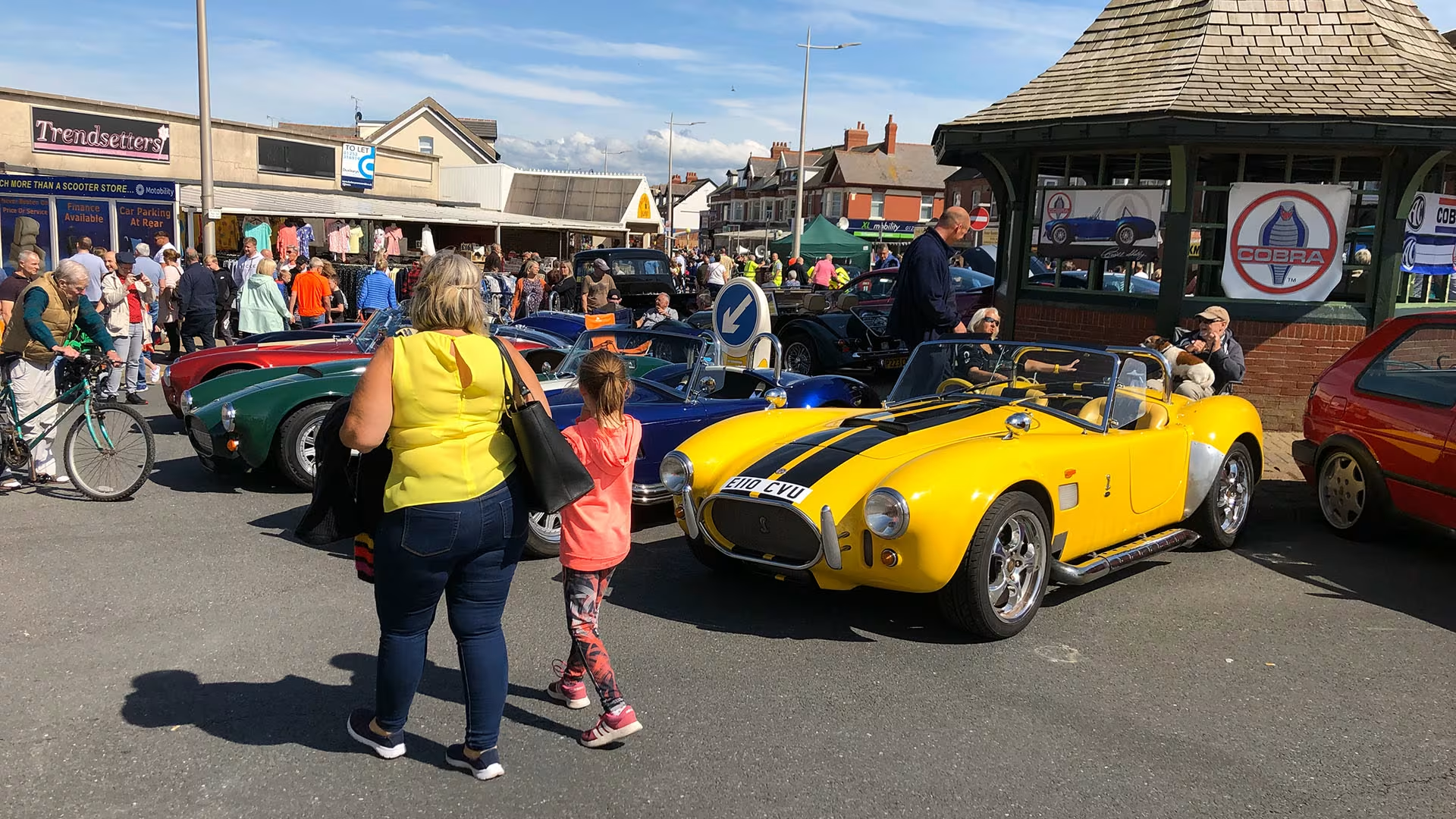Table of Contents
- Introduction
- Auction Trends and Market Dynamics
- Notable Sales and Events
- Industry Updates and Future Prospects
- Cultural Significance and Community Engagement
- Conclusion
Introduction
The world of classic cars continues to captivate enthusiasts and collectors alike, with recent events and developments highlighting the ongoing fascination with automotive history. As of 11th May 2025, several key trends and stories have emerged in the classic automotive sector, reflecting both the market dynamics and the cultural significance of these iconic vehicles. This report delves into the latest happenings in the classic car world, focusing on auction results, market trends, and notable events.
Auction Trends and Market Dynamics
One of the most significant trends in the classic car market is the rising value of cars that were modified by aftermarket companies during their original production periods. This trend has been particularly pronounced among German marques, with Porsche and Mercedes-Benz leading the charge. A standout example is the sale of a 1989 Rüf CTR Yellowbird, which fetched a staggering $6.055 million at Gooding's auction during the Amelia Island concours events in Florida.
In Europe, a similar trend is observed, with aftermarket-tuned cars gaining traction amongst collectors. This shift in market dynamics suggests a growing appreciation for the craftsmanship and performance enhancements offered by these modifications, which often provide a unique driving experience compared to their unmodified counterparts.
Notable Sales and Events
In addition to the high-profile sale of the Rüf CTR Yellowbird, other classic cars have also garnered attention. For instance, a 1969 Shelby Mustang GT500, known for its rare colour and original Cobra Jet engine, has captured the interest of enthusiasts. Similarly, a 1962 Chevrolet Corvette, emerging from a collection after 40 years, has become a focal point for collectors seeking vehicles with low mileage and well-preserved originality.
Meanwhile, Joop Stolze, the founder of Dutch dealership Stolze Classic Cars, is liquidating his remaining inventory through an online auction. This decision follows Stolze's shift towards a new venture—building affordable retirement apartments aimed at fostering social living for senior citizens. This move highlights the evolving interests and priorities of individuals within the classic car community, as they transition from automotive pursuits to other personal endeavours.
Industry Updates and Future Prospects
Looking ahead, the classic car industry continues to evolve, with new models and updates from major manufacturers. Mercedes-Benz, for example, has been spotted testing the 2026 C-Class, showcasing production-ready lights that hint at the brand's future design direction. Similarly, Audi's 2025 SQ5 Compact CUV has been seen flaunting an aggressive digital aero kit, reflecting the ongoing integration of advanced technology and design in modern vehicles.
These developments indicate that while classic cars remain a cherished segment, the automotive industry is also focused on innovation and the future. The juxtaposition of classic charm and modern advancement continues to define the automotive landscape, offering enthusiasts a diverse array of options to explore.
Cultural Significance and Community Engagement
The cultural significance of classic cars is further underscored by events such as the All British & European Car Day in Dallas, Texas. Scheduled for 11th May 2025, this car show promises to feature over 250 fine British and European vehicles, providing a platform for enthusiasts to celebrate automotive heritage and foster community connections. Such events play a crucial role in preserving the legacy of classic cars, allowing enthusiasts to share their passion and knowledge with others.
Moreover, the ongoing sale of entire classic car collections, such as the one by a museum featured in the Classic & Sports Car magazine, highlights the dynamic nature of the collector car market. These sales offer opportunities for new collectors to acquire historically significant vehicles, ensuring the continued appreciation and preservation of automotive history.
Conclusion
In conclusion, the classic car market remains vibrant and dynamic as of 11th May 2025. The increasing value of aftermarket-modified vehicles, notable auction results, and the cultural significance of classic car events all contribute to the ongoing allure of these iconic automobiles. As the industry continues to evolve, enthusiasts and collectors are presented with a rich tapestry of history, innovation, and community engagement, ensuring that the legacy of classic cars endures for generations to come.
Sources
[1] Classic Cars, "Market Trends and Auction Results" (May 2025)
[2] Autoevolution, "Classic Car News" (May 2025)
[3] Autoevolution, "Latest Automotive News" (May 2025)
[4] Hemmings, "Event Calendar" (May 2025)
[5] Classic & Sports Car, "Magazine Homepage" (May 2025)




